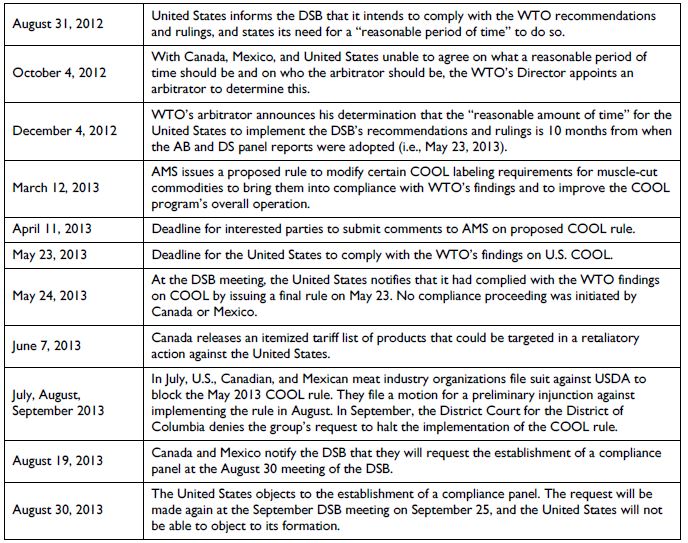I just finished two books - both recommended by colleagues.
The first was Funny Money, written by Mark Singer, and first published in 1985. The book covers the collapse of the Penn Square bank in Oklahoma City, which ultimately contributed to the federal government bailout (I believe it was the largest ever at the time) of Illinois Continental. Today, one cannot help but read the book with thoughts of the recent financial crises coming to mind. It is remarkable how similar the Penn Square collapse was to the recent real-estate collapse.
Optimism future over oil/gas prices led to a rush of money into the sector (there was a belief energy prices could never fall). Some energetic bankers were happy to make millions in loans based on the rosy projections. They found that these loans could be repacked and sold "upstream" to larger banks, who had little directly knowledge of the risks of the actual underlying loans. The loan sales provided more capital to make even more and larger loans to ever more dubious lenders. It was a classic bubble fueled by debt, re-sold and re-packaged debt bought by people who didn't monitor the actual collateral underlying the loans. Sound familiar?
One interesting feature of Singer's book is the lack of moralizing that one would expect to see in this sort of book (indeed it is quite funny in many parts). Clearly, some of the main actors turned out to make really stupid bets (and at least a couple had to serve jail time) , but Singer does a good job showing how people respond to the incentives they face, and how lack of good institutional rules can let the bad rise to the top. The book should be required reading for any Okie - and is a prescient source for understanding how the recent financial collapse could happen.
The second book was the Fall of the House of Zeus by Curtis Wilkie. Wilke documents the rise and fall of one of America's most powerful Trial Lawyers, Dick Scruggs. Scruggs, a Mississippi lawyer, made his millions in the tobacco lawsuits, and found his way into legal trouble in a judge-bribing case that originated with insurance company law suits associated with Hurricane Katrina.
The book is an eye-opening account of the relationship between money, politics, and the court system. People from John McCain to Joe Biden to Al Gore to Trent Lott are intertwined with Scruggs's activities. At times I found myself thinking I was reading a John Grisham novel (the real-life Grisham also shows up in the book), but I had to keep reminding myself that this really happened. Having lived in Mississippi for three years, I also enjoyed some of the discussion of local politics.
It is hard to come away from either book with a positive outlook on human nature. It really brings to life the fact that real-life government is nothing like what we assume in when designing "optimal" economic policies in textbooks, but it also reveals that real-life markets, especially when people can bet with other people's money, can lead to bubbles and spectacular collapse. Both are cautionary tales to be sure.


